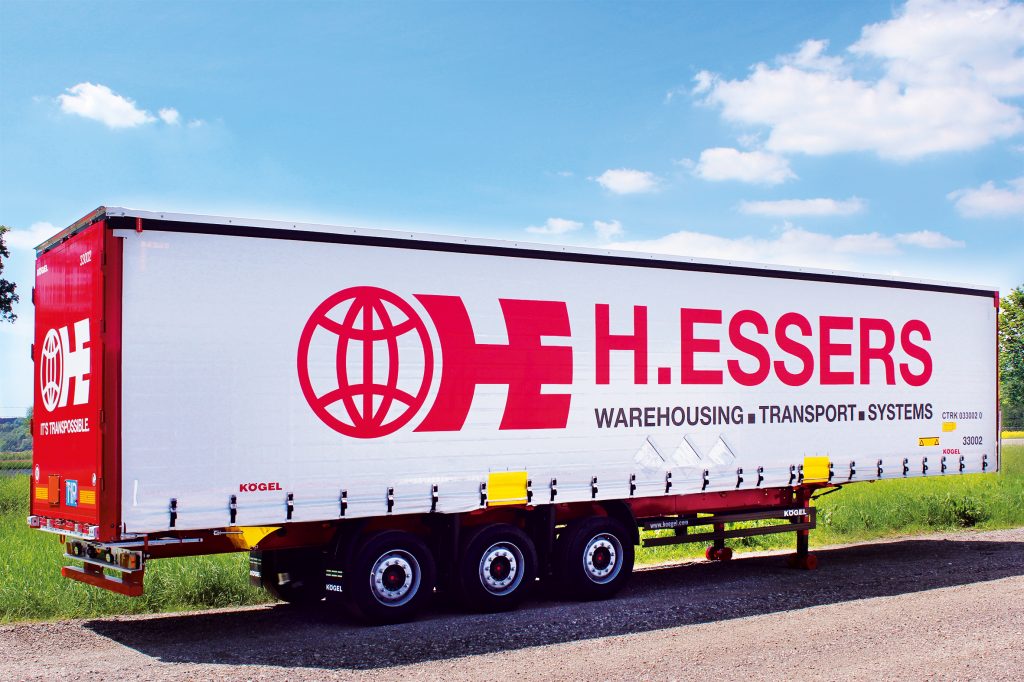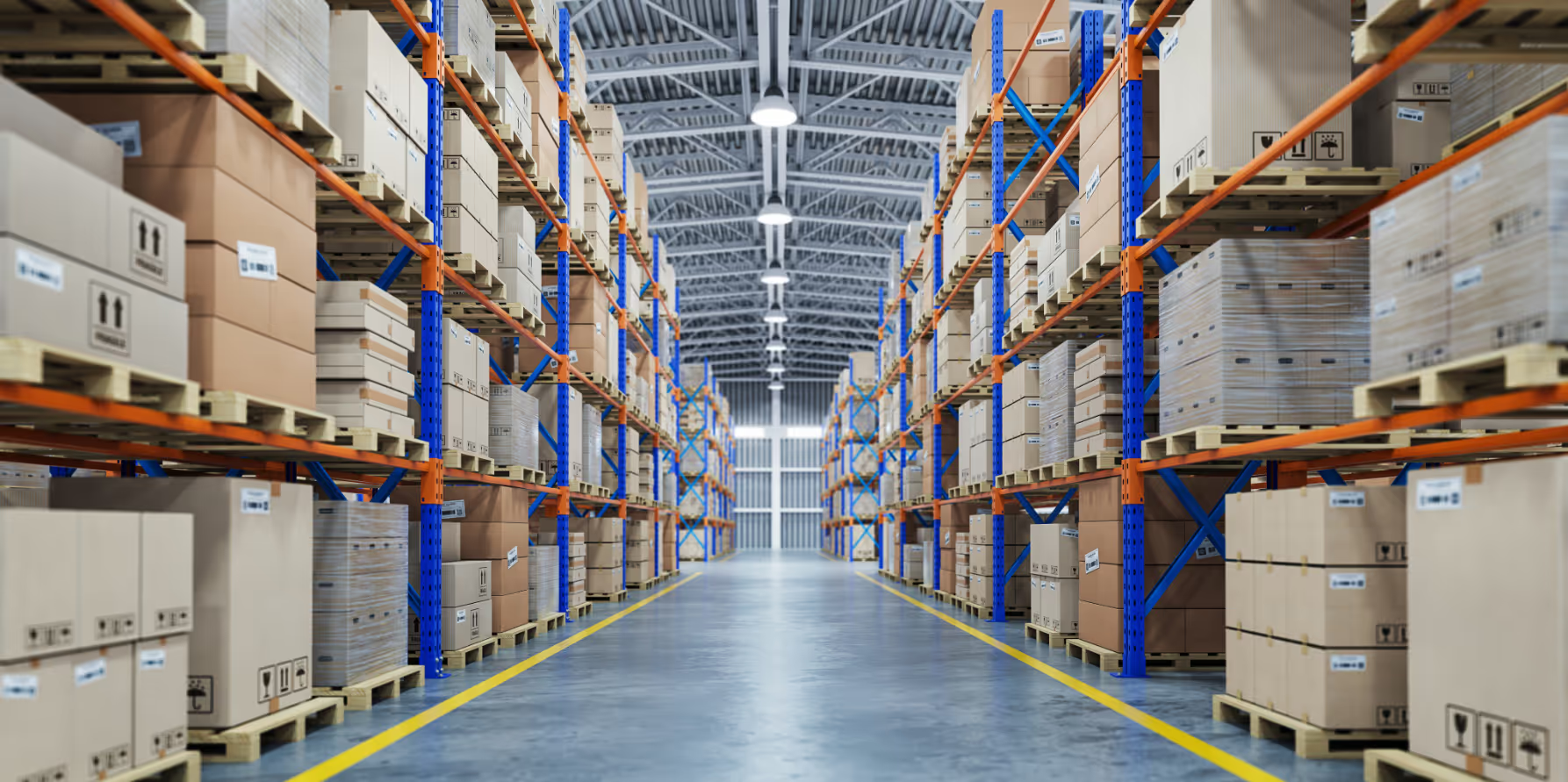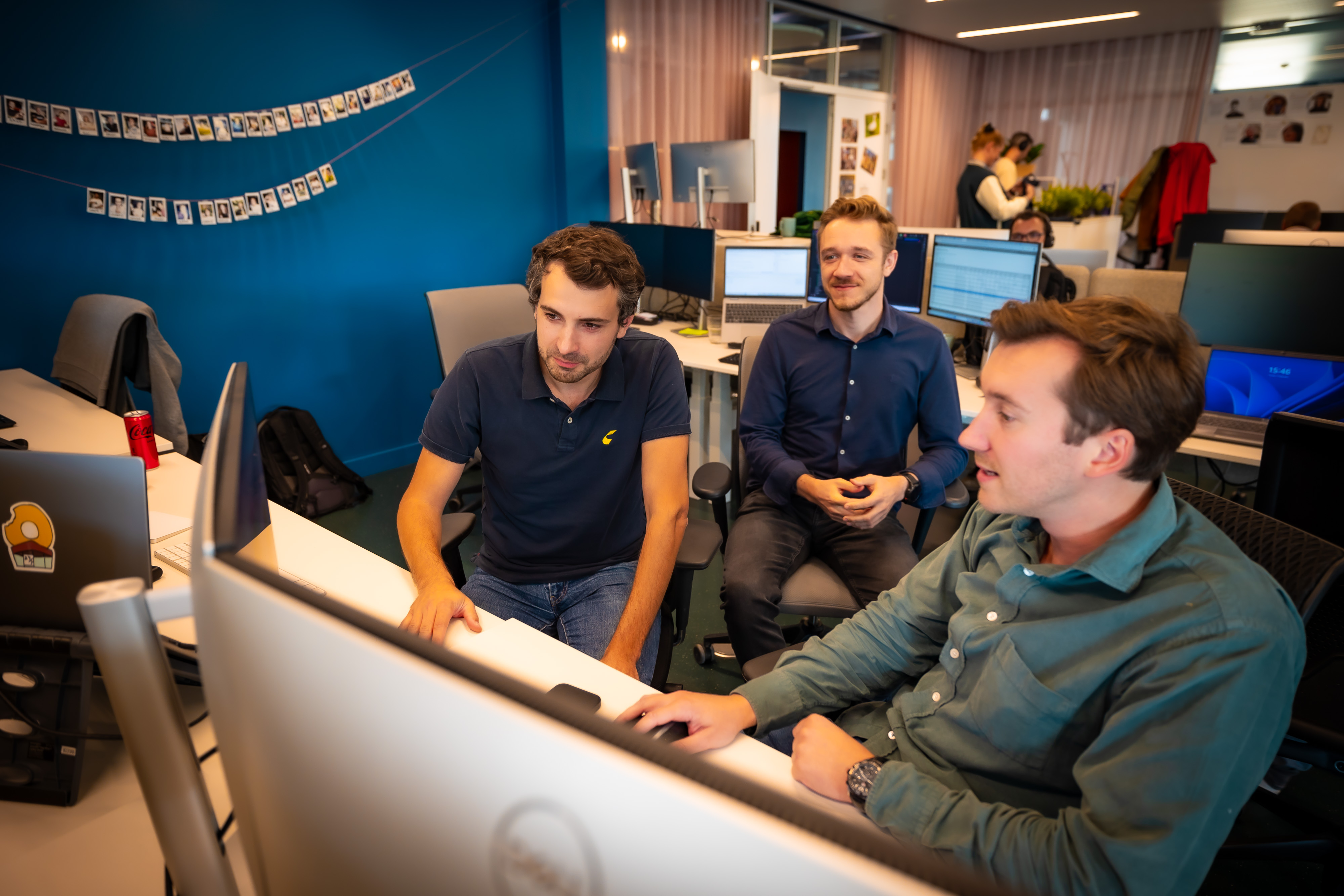Why HMRC’s compliance expansion signals a new era for customs technology
The UK government’s compliance agenda is gathering pace, and the message for businesses is clear: compliance is no longer optional; it’s strategic.
Following last year’s commitment to hire 5,000 HMRC compliance officers (Read the article), the government has doubled down in 2025 with:
-
-
An additional 500 compliance staff funded through £100 million in new resources.
-
£114 million investment to modernise debt management and technology systems.
-
New whistleblower incentives and stricter penalties for non-compliance.
-
Ongoing digital transformation initiatives including AI-driven fraud detection and automation.
-
The goal remains the same: close the tax gap and enforce compliance with greater rigour. But the scale and speed of these updates underline one reality: the future of compliance will be technology-led.
The bigger picture: closing the tax gap
This isn’t just about hiring more people. The UK’s approach reflects a long-term global trend: governments under fiscal pressure are prioritising data, automation, and advanced compliance frameworks to boost revenue collection and reduce fraud.
For businesses engaged in trade, logistics, and customs, this means:
- Higher standards of accuracy and transparency.
- More scrutiny, faster processes, and zero tolerance for errors.
- A growing expectation that compliance will be supported by digital solutions, not manual fixes.
The challenge: capacity vs. cost
Even with thousands of new compliance officers, human capacity cannot keep up with the complexity and volume of cross-border trade. Manual processes take time, cost money, and are vulnerable to errors, all while HMRC raises the compliance bar.
So, the key question for businesses is:
“How do we maintain speed, accuracy, and compliance without ballooning operational costs?”
The opportunity: intelligent automation
This is where technology becomes a game-changer. The government’s recognition of the need for digital investment signals a broader shift towards tech-driven compliance. Businesses that embrace this shift early will not only keep pace with regulations but also gain a competitive advantage.
One of the most powerful solutions emerging in this space is human-assisted AI. Unlike traditional automation, which often struggles with exceptions and complex cases, human-assisted AI combines the best of both worlds:
- Automation for repetitive, rules-based tasks such as data entry and document checking.
- Human expertise for exception handling and oversight, ensuring compliance in edge cases.
- With a solution like Customaite, businesses can:
- Reduce error rates by eliminating manual data entry mistakes.
- Accelerate clearance times, ensuring goods move faster through customs.
- Scale efficiently without the need for large operational teams.
This is compliance for the future: fast, accurate, and cost-effective.
Preparing for the future
HMRC’s investment in compliance staff and technology is more than a short-term fix, it’s a clear signal of where the industry is heading. Increased enforcement, smarter systems, and a demand for greater efficiency are now permanent features of the customs and trade landscape.
For businesses, this is both a challenge and an opportunity. Those who rely solely on manual processes risk falling behind, facing delays, penalties, and rising costs.
Organisations that adopt intelligent automation today will position themselves ahead of the curve, able to deliver compliance at scale without sacrificing speed or profitability.
Final thoughts
The compliance landscape has changed for good. As HMRC doubles down on enforcement and technology, businesses must ask themselves:
“Are our customs processes ready for this new era of compliance?”
The answer doesn’t have to involve hiring more people or adding layers of complexity. Instead, it lies in leveraging AI-driven technology with a human touch.
At Customaite, we’re already helping logistics providers, customs brokers, and large enterprises streamline their declaration processes, reduce costs, and stay compliant in an evolving regulatory environment. Read our customer cases here.
Want to explore how AI can transform your customs operations?
https://www.customaite.ai/book-a-demo
Sources:
You May Also Like
These Related Stories

Customs declarants at H.Essers gain time, efficiency and job satisfaction with Customaite

Customaite connects with Stream Software


No Comments Yet
Let us know what you think